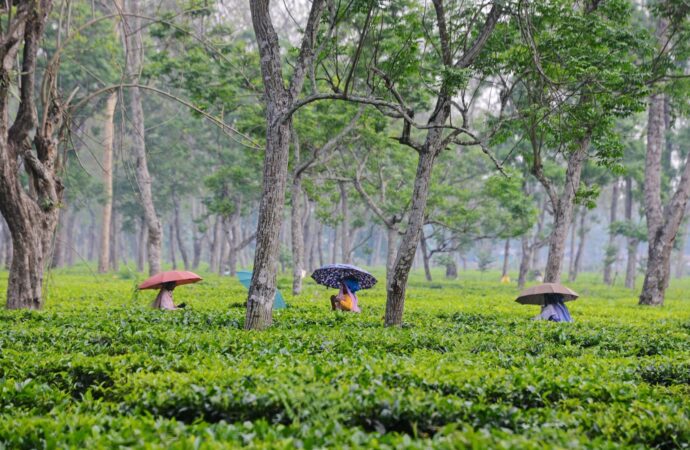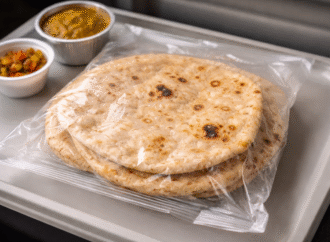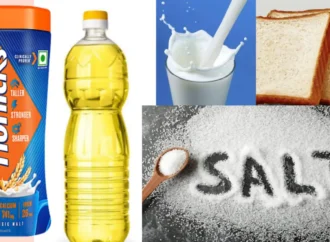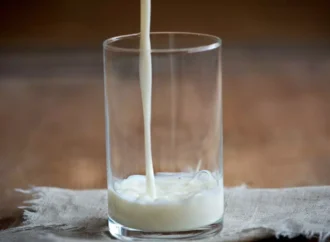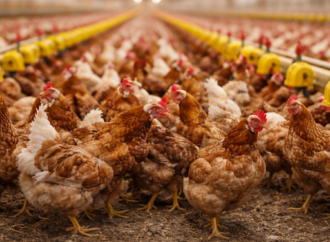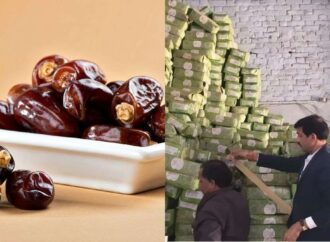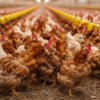Report
West Bengal Chief Minister Mamata Banerjee announced the establishment of a dedicated laboratory and task force to stop the adulteration of Darjeeling tea. She made the declaration on Monday after tea industry representatives raised concerns about blending it with cheaper, lower-quality imports.
Industry Leader Flags Threat to GI Tag
Rudra Chatterjee, Managing Director of Luxmi Group and owner of Makaibari Tea Estate, alerted the Chief Minister to the problem. He explained that traders are mixing Darjeeling tea with lower-cost varieties from Nepal, grown at similar altitudes, and selling the blend as authentic. This practice, he warned, undermines the tea’s distinct flavour, damages its global brand, and violates its Geographical Indication (GI) status.
Branding and Oversight to Strengthen Identity
In response, CM Banerjee appointed Chatterjee to lead a newly formed committee tasked with promoting and protecting the authenticity of the tea. She called for collective branding among all 87 operational tea gardens in the region. “At Makaibari, we’ve already started branding our tea,” Chatterjee says, but this must expand to the entire Darjeeling region. Each tea garden needs its own brand identity.”
FSSAI Tightens Import Testing Protocols
The Food Safety and Standards Authority of India (FSSAI), in an April 23, 2024, order, mandated full testing of all imported teas under official safety protocols. Experts blamed unregulated imports—especially duty-free, low-grade tea from Nepal—for endangering the future of Darjeeling tea. “Substandard tea imports have put the Darjeeling industry on life support,” a tea expert said, urging stricter enforcement of quality checks and regulatory compliance to protect the legacy and integrity of the premium brand.
Source: The Times of India
 Food Manifest
Food Manifest 